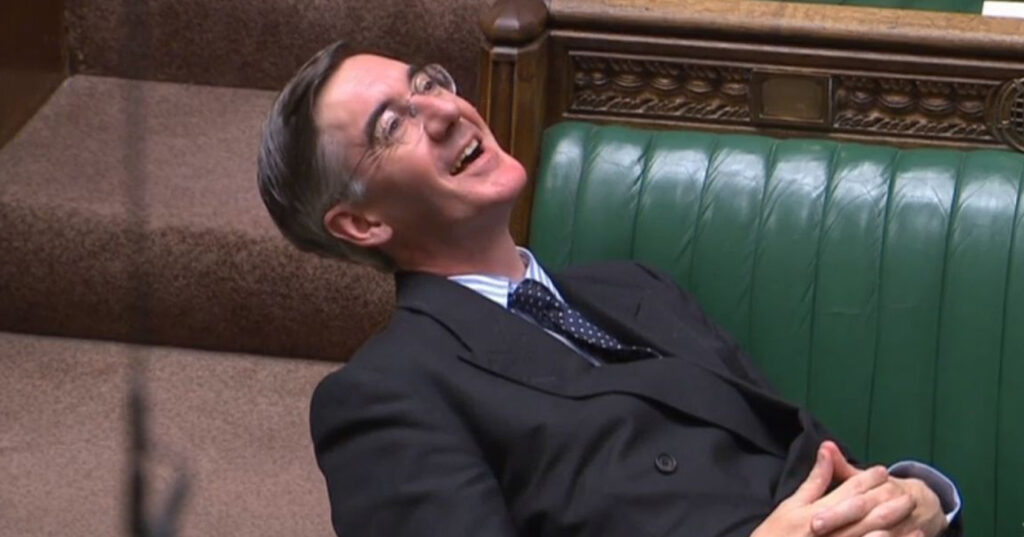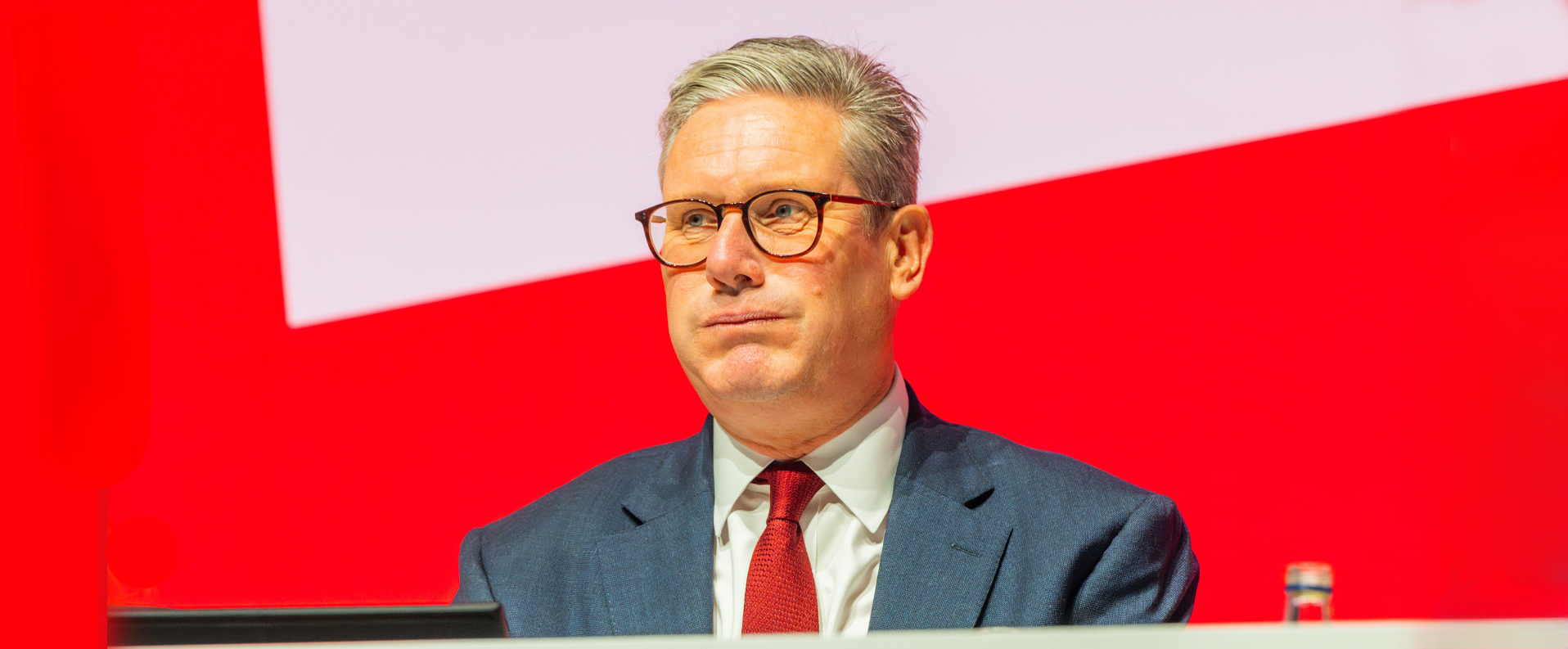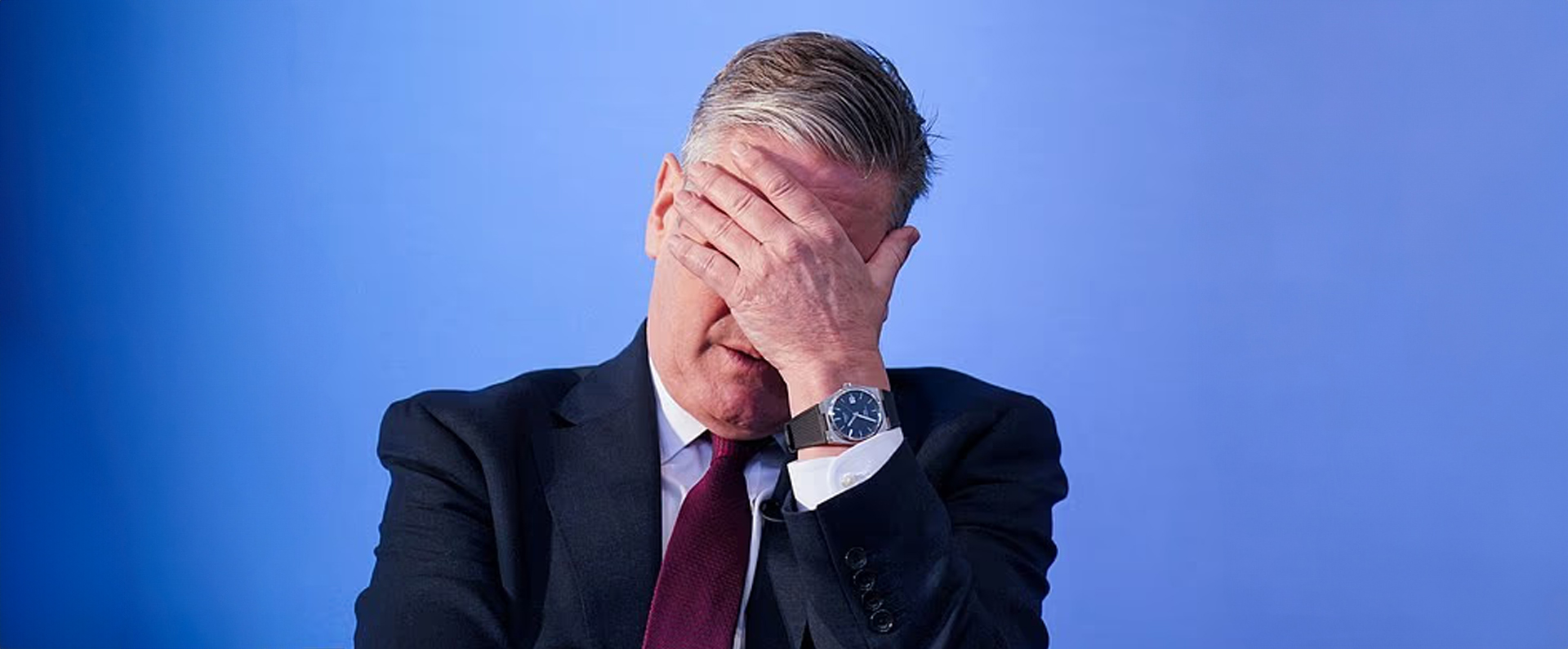
First published in the Mail on Sunday on 08 September 2019.
A new biography has revealed the unlikely sex symbol of Jacob Rees-Mogg.
Despite his controversial stances Rees-Mogg attracts admiration from his rivals.
Happily married for 13 years the Conservative now has a family of six children.
As a teenager, Jacob Rees-Mogg had two photographs hanging in his room at Eton. Both were professionally framed, and both depicted powerful women. One was of the Queen, the other was of Margaret Thatcher.
Not for him the scruffy posters of models in bikinis and film stars favoured by his schoolmates. The women he admired were of a different order altogether.
Then, as now, he did things his own way.
Tall, bespectacled and invariably clad in a double-breasted suit and tie, Jacob Rees-Mogg is one of the best known – and most controversial – figures in British politics.
His opinions on a range of subjects, particularly abortion (he doesn’t believe in it under any circumstances), make the blood run cold for many. Add to this the fact that he has become one of the principal players in the fevered Brexit debate and he should, on paper, be one of the most unpopular politicians in the country.
And yet this is far from the case. Now the Leader of the Commons, this almost comically well-spoken high-Tory MP commands the respect of many serious politicians of all hues.
Even his rivals seemingly find it hard not to reflect back on to him the immense politeness that he shows to them.
In his personal life, he is a devoted husband and father, with a tight-knit group of close friends and an army of female admirers. ‘What a wonderful and charming man he is,’ commented a female member of the rival Official Monster Raving Loony Party when Rees-Mogg was unsuccessfully contesting a parliamentary seat in Shropshire in 2001.
‘His smile captivates the eye. He is calm and collected, passionate and unpatronising, intelligent and interesting, handsome and hardy.’
During the Conservative Party conference in Birmingham in 2017, Rees-Mogg was, according to one political commentator, ‘forced to stop every few paces to pose for selfie pictures with fans.’
Indeed, the writer went on: ‘Such was the adulation that the fogeyish Somerset MP missed one event – on Gibraltar’s future – entirely. ‘You’d think he was George Clooney,’ says one jealous colleague.’
So how did this most formal and traditional of politicians become one of Westminster’s unlikeliest sex symbols?
Strolling down one of Eton’s narrow streets are a lanky schoolboy and two of the most important female influences in his life: Jacob Rees-Mogg, his younger sister Annunziata and his former nanny, Veronica Crook.
The effect of Miss Crook on his entire life, both as a child and an adult, cannot be overestimated. Now in her late 70s and with no children of her own, Vron, as she is known to the family, has worked for the Rees-Moggs since 1965, remaining particularly close to Jacob and now caring for his own six children.
She even, famously, helped him to canvass during a General Election campaign in 1997 when he was 27 years old, telling doubtful voters on a council estate in central Fife: ‘Don’t worry, I’m his nanny. He’s such a lovely boy.’
Rees-Mogg once said of her: ‘We are her family.’ This declaration came from the heart, according to one friend who says: ‘I know there is a portrait of Veronica hanging in one of Jacob’s houses. She really is part of the family.
‘I have been invited to dinner at Jacob’s house and Veronica has sat down to eat with us. There is no delineation.’
Another long-standing friend of Rees-Mogg, the Conservative MP Simon Hoare, says: ‘Occasionally, if I’m having a robust conversation with Jacob about Brexit and my language becomes a bit fruity, he’ll say, ‘Now, Simon, what would Nanny say?’
‘Were Vron to hang up her apron, I’m sure he’d cry a lot. It would be like a bereavement.’
The main reason for Nanny’s regular trips to Eton during Jacob’s schooldays, say friends, was apparently to change her former charge’s bed sheets – he preferred linen to the standard-issue school ones. ‘Jacob liked things to be done properly,’ says an admirer who knew him well. ‘And he liked the good things of life.’
Other schoolfriends remember how as a sixth-former Rees-Mogg was equally punctilious about his social life, spending every evening attending meetings, debates and talks. ‘You just wouldn’t find him slobbing around like the other boys did in their spare time,’ says one.
During the school holidays he was busy, too, helping out at his local Conservative Party’s headquarters near his family’s London home. But he did also make time to dip his toe into the notoriously awkward waters of teenage parties.
One female friend from those days was the novelist Bella Bathurst. They encountered each other at a party when they were 16 and have remained friends ever since. She says: ‘I remember meeting Jacob for the first time and thinking, ‘Is this guy a joke?’ because he was then as he is now.
‘Aged 16 he was a complete anomaly. Even within the context of Eton he was an anomaly because Eton was crammed full of David Cameron-types who belong to a herd.
‘At the end of the evening everybody else got up to dance and Jacob and I were left at the table. At some point I leaned over and said to him, ‘Jacob, I think you’re supposed to ask me to dance.’ He leapt up as though he’d been stung and said, ‘I’m so sorry.’
‘We had a bit of a dance and I’ve never seen a man look more uncomfortable. After about three minutes he said, ‘I think I prefer Mahler.’
‘So we both sat down and started talking. And it became evident really quickly that he was very funny and much happier chatting one-to-one than he was trying to be something that he wasn’t.’
Rees-Mogg began writing to his new friend, who was also at a boarding school, but young love never blossomed, says Bathurst.
‘Jacob has famously appalling handwriting and he did write to me several times at school,’ she remembers, ‘but it used to take me about a month to decipher what he’d written.’ Most of the letters, she recalls, were about financial matters, or Mrs Thatcher.
‘I have no idea whether they were supposed to be fond letters,’ says Bathurst. ‘I don’t think he ever thought of me as his girlfriend in any way, but I have no idea.
‘Both he and I were as incompetent at that age with the opposite sex as each other, so I couldn’t have picked up his signals and he couldn’t have picked up mine.’
But, adds Bathurst tellingly, one of the reasons she liked him so much was because of the way he responded to ‘unmerciful’ bullying by boys who regarded him as a fogeyish eccentric. ‘It took courage to be him. It took real courage to plough that furrow in the face of really nasty, vicious, concerted bullying from the more conformist characters,’ she says.
‘He really took a lot of stick and he never deviated and he always repaid it with courtesy, and a joke, and a good nature. I really admire that about him.’
When Rees-Mogg arrived as a History undergraduate at Trinity College, Oxford, in the late 1980s, Nanny was again on hand to help out. ‘I don’t think he ever discovered where the rest of us went to the launderette and so forth, so he did already stand out, even from the first term,’ recalls his university friend Huw van Steenis, now senior adviser to the Governor of the Bank of England. ‘Jacob was an extraordinary figure from the first week we got to university. He always wore a double-breasted suit. I saw him on TV recently and he was wearing a blue and white striped shirt, exactly the same one as he was wearing at Oxford.’
Few would have guessed that, according to the 1939 Register – the national census compiled by the Government on the outbreak of the Second World War – his maternal grandfather was a ‘motor lorry driver’.
According to Simon Hoare, there were no girlfriends or even romances at Oxford for Rees-Mogg, who was to gain something of a ‘cat who walked alone’ reputation during his student days. ‘I don’t think he had girlfriends,’ says Hoare. ‘He had lots of friends who were girls.
‘I remember one girl saying to me, ‘I’ve got something very important to tell you,’ and she said, ‘I’m desperately in love with Jacob.’ He wasn’t short of admirers.’
Van Steenis backs this up: ‘I know there were lots of girls who had crushes on him. He was charming, witty and fun to debate with.
‘I think some women around the union or OUCA [Oxford University Conservative Association] were head over heels for him, but I’m not sure it ever came to much. I think that from the first time you met him, or perhaps the second, you knew he had very strong Catholic values. So maybe [he remained single] because some girls who had crushes on him weren’t Catholic.’
A third friend says that Rees-Mogg had a ‘personal moral code’ which he has never breached. This probably included the idea of not having sex before marriage. Put simply, says the friend, ‘he holds himself to a higher standard than he expects of others’.
Two close female associates of Rees-Mogg at Oxford were Sarah Wardle, daughter of the then Tory MP Charles Wardle, and another future Tory MP, Louise Bagshawe, who was in the year below him.
‘He just exuded charm,’ recalls Wardle. ‘I think it’s very genuine.’
‘I don’t think he ever had a girlfriend that we were ever aware of. He used to go around as this sort of older figure. He struck an old fogeyish pose, but I think that belies a very down-to-earth and kind and straightforward person.’
As for Bagshawe, she appears to have been held in very strong affection by Rees-Mogg when they were at university, and beyond. She, in turn, is said by several mutual friends to have ‘hero-worshipped’ him when they were students.
Just a few years after leaving Oxford, she became a successful author, reportedly commanding advances of £50,000 per book, and in 1998 she published Venus Envy, her fourth novel.
Rees-Mogg, on whom one of the characters in this book appears to have been partly based, is said to have fallen in love with Bagshawe. A friend who knows them both says that he even summoned up the courage to ask her to marry him, but she refused.
‘Louise did tell me that Jacob proposed to her. She said she had thought about it seriously but declined. I do know they were incredibly close friends and are now godparents to each other’s children.’ Bagshawe went on to marry the American businessman Peter Mensch.
During his time at Oxford, Rees-Mogg suffered a crushing blow when his heroine Margaret Thatcher was ousted as Prime Minister – a seismic moment in British political history which he appears to have taken almost personally.
‘I remember being with Jacob watching a television in a room in the Oxford Union in November 1990 when Mrs Thatcher was deposed,’ recalls former Tory MP Mark Reckless. ‘He didn’t cry, but it was probably the most emotional I’ve seen him.
‘I remember him looking straight ahead with absolutely rapt concentration and [he was] working quite hard to keep his emotions in check and not break down. He found it very difficult.’
Two years after leaving Oxford, and to the surprise of many of his friends, Rees-Mogg moved to Hong Kong to work as an analyst with Lloyd George Management, a new firm specialising in Asian investments. One friend insists he is not a natural globetrotter: ‘He hates foreign food. He hates bananas. He hates showers. He hates hotels. He is not a linguist. He seldom, or never, even holidays in Europe.
‘He genuinely believes England, not Britain, is the best country in the world, and that Somerset is the best county in England. That is the place where he would always rather be.’
Nevertheless, Rees-Mogg is said to have had a good social life during his time in Hong Kong.
His links to its then governor Chris Patten, a friend of his father’s with whom he lived at first, played a part, as did his membership of the exclusive China Club, which was owned by the businessman and socialite David Tang.
Rees-Mogg got to know Tang, who sponsored a Hong Kong debating society in the 1990s, reasonably well. Indeed, it was through him that Rees-Mogg met the young woman with whom he soon began stepping out, Maria Butler.
The daughter of a high-ranking member of the Royal Hong Kong Police Force, Maria worked in a variety of roles for Tang’s businesses during the 1990s, rising to become a company marketing executive in his Shanghai Tang department store.
‘Maria caught Jacob’s eye through the debating society and he took her out for dinner several times,’ recalls a friend. ‘He certainly liked her.’
This potential romance was cut abruptly short, however. The friend goes on: ‘Maria was a divorcee when she met Jacob. She had been married very briefly in her 20s, but the marriage ended. When Jacob discovered that she was already a divorcee, he went very cold on her very rapidly because he had taken the advice of a priest or the Catholic Church, and was told that it would be an inappropriate relationship.
‘He told that to Maria. I think they met socially but not one-to-one thereafter. It was much more of a friendship than the possibility of anything else after that. Maria’s heart was not broken. She found it more amusing than anything else.’
Rees-Mogg is protective of his private life, but one friend denies the suggestion that he stopped seeing Maria for religious reasons. ‘There’s a possibility he used his religion as an excuse before it got too serious,’ says the friend.
Nonetheless, some will argue that Rees-Mogg’s ruthless attitude showed a certain coldness of character which most people do not automatically associate with him. His treatment of Maria Butler was nothing if not hard-nosed.
Returning from Hong Kong in 1996, determined to launch a political career, he became an officer in his local Conservative association in the Cities of London and Westminster, giving him a sturdy perch from which to plot a potential route into the Commons.
Local politics can be notoriously dry, but Rees-Mogg helped to enliven proceedings, albeit unwittingly, within a few months of being voted in when he was seen dancing at a fundraising ball with the socialite Tara Palmer-Tomkinson.
Simon Hoare recalls: ‘Tara insisted that he dance. His idea of dancing is different from everyone else’s. He stands there, looks incredibly embarrassed, puts one hand in a pocket and sways like a reed in a very light south-westerly breeze. The feet don’t move. He has all the rhythm of a small block of wood.’
Rees-Mogg’s blushes might have been spared had it not been for a newspaper diary column, which published an item about the unlikely couple’s brief encounter – making it clear that they left the party separately.
This story is noteworthy for being one of the only written records that exists linking Rees-Mogg in any sense with a named member of the opposite sex before he became engaged to his future wife Helena in 2006. Hitherto and subsequently, when he was asked in interviews about his love life, he always denied having a girlfriend, presumably having forgotten his dalliance with Maria Butler in Hong Kong.
Former colleagues at Lloyd George Management have suggested that, having returned to London from Hong Kong, he did ask girls in the office out for drinks or dinner occasionally, but that nothing remotely serious ever came of these approaches.
NOW 50, Jacob Rees-Mogg’s ability to captivate women appears undimmed. The Labour MP Jess Phillips has spoken of her fondness for him, while during a recording of Have I Got News For You, its host Victoria Coren told Rees-Mogg – a panellist that day – how attractive she found him, causing him to blush. ‘One of Jacob’s very likeable qualities is that he genuinely likes women,’ says Bella Bathurst. ‘That’s partly through growing up in quite a female family, I think. He’s not scared of them, he’s not pretending to get on with them but secretly wanting to ban them from the chamber. And that’s really nice to be around.’



